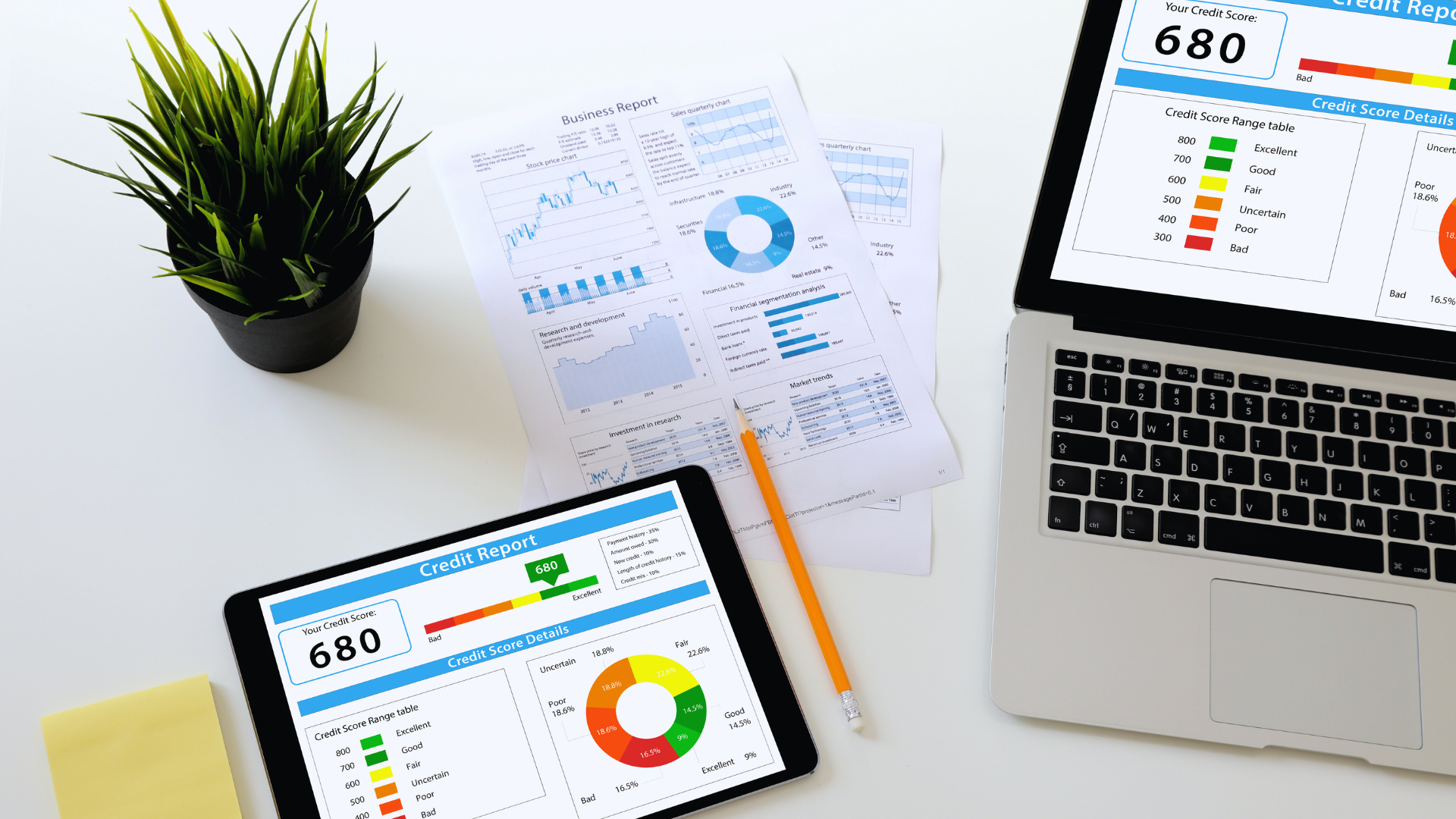Cracking the Code: Understanding Credit Scores in Home Buying
In the grand theater of home buying, where dreams take center stage and financial decisions play a pivotal role, there’s one magical number that can either make you the star of the show or leave you waiting in the wings. It’s not a lottery number or a secret code; it’s your credit score, and it holds the key to your homeownership aspirations.
What’s in a Number?

Meet the FICO score, your financial wingman in the world of credit. FICO stands for Fair Isaac & Co. Credit, the smarty-pants who came up with this system. It’s a single number that lenders use to measure your creditworthiness. Think of it as your financial report card, distilled into a three-digit figure that can range from a humble 300 to a golden 850.
Now, you might be wondering, why should you care about this seemingly arbitrary number? Well, let me tell you, when you’re eyeing that dream home, your credit score becomes your BFF, confidant, and trusted advisor, all rolled into one. It’s not just a number; it’s your financial reputation in a nutshell.
But how exactly does this three-digit marvel wield such power in the realm of home buying?
Why Should I Care?

Your credit score plays a starring role in the mortgage approval process, and it can dramatically impact the terms of your home loan, including the interest rate you’ll be offered. In essence, it has the potential to make or break your home buying dreams.
Here’s why it matters:
- Mortgage Approval:
First and foremost, your credit score is a major determinant in whether you’ll be approved for a mortgage. Lenders use it as a litmus test to gauge your creditworthiness. A high score suggests you’re a responsible borrower, while a low score may raise concerns.
- Interest Rates:
Even if you manage to secure a mortgage with a less-than-stellar credit score, the interest rate you’ll be offered is where the rubber meets the road. Higher scores often translate to lower interest rates, which can save you a significant amount of money over the life of your loan. On the flip side, a lower score might mean higher interest rates, potentially costing you thousands of dollars more in the long run.
Credit Score Ingredients

Now that you understand the significance of your credit score, it’s time to peel back the curtain and take a closer look at what goes into this all-important number. Your FICO score is calculated based on various factors, each carrying a different weight in the final score. Here are the key ingredients:
- Payment History:
This is like the opening act of your credit score performance. It tracks your history of making (or missing) payments on time. Just like skipping a workout can impact your fitness goals, late payments can leave a lasting mark on your credit score.
- Debt Load:
Imagine your credit utilization as the candy consumption at a never-ending buffet. Maxing out your credit cards or carrying high balances can hurt your score, even if the total debt isn’t astronomical. It’s like indulging in too much candy; the sugar rush isn’t worth the eventual crash.
- Credit Tenure:
Your credit history is like a long-term relationship; trust builds over time. Lenders prefer borrowers with a lengthy history of responsible credit use. It demonstrates your ability to manage credit over the long haul.
- New Credit:
Applying for several credit cards or loans within a short period can set off alarm bells for lenders. It’s akin to double-booking dates; it sends a message that you might be overextending yourself financially.
- Credit Mix:
Variety is the spice of life, and that applies to your credit types too. A diverse mix of credit accounts, including credit cards, retail accounts, installment loans, and mortgages, can positively influence your score.
Beyond the Score

While your credit score is undoubtedly a critical player in the home buying saga, it’s not the sole star of the show. Lenders take a holistic approach, considering various aspects of your financial life and the specific property you’re eyeing. Here are a few other factors that share the spotlight:
- Credit Report:
Your credit score may be the headliner, but lenders also delve into your credit report, examining your credit history in more detail. It’s like reading the script to understand the full story.
- Job History:
Lenders typically review your employment history to assess your stability and ability to repay the loan. A steady job can boost your credibility as a borrower.
- Income:
Your income is a pivotal factor in determining your mortgage eligibility. Lenders want to ensure you have the financial means to cover your monthly mortgage payments.
- Debt-to-Income Ratio (DTI):
This ratio compares your monthly debt obligations to your gross monthly income. It helps lenders evaluate your capacity to take on additional debt, like a mortgage.
- Property Appraisal:
The value of the home you intend to purchase also comes under scrutiny. An appraisal ensures that the property’s value aligns with the loan amount.
In conclusion, while your credit score may not be the only star in this show, it’s undoubtedly the headliner. Maintaining a healthy credit score, managing your debts wisely, and understanding the factors that contribute to your score can give you a significant advantage in the home buying process. So, as you embark on your home buying journey, treat your credit score with the care and attention it deserves, because when it comes to securing your dream home, it truly is the magic number.




